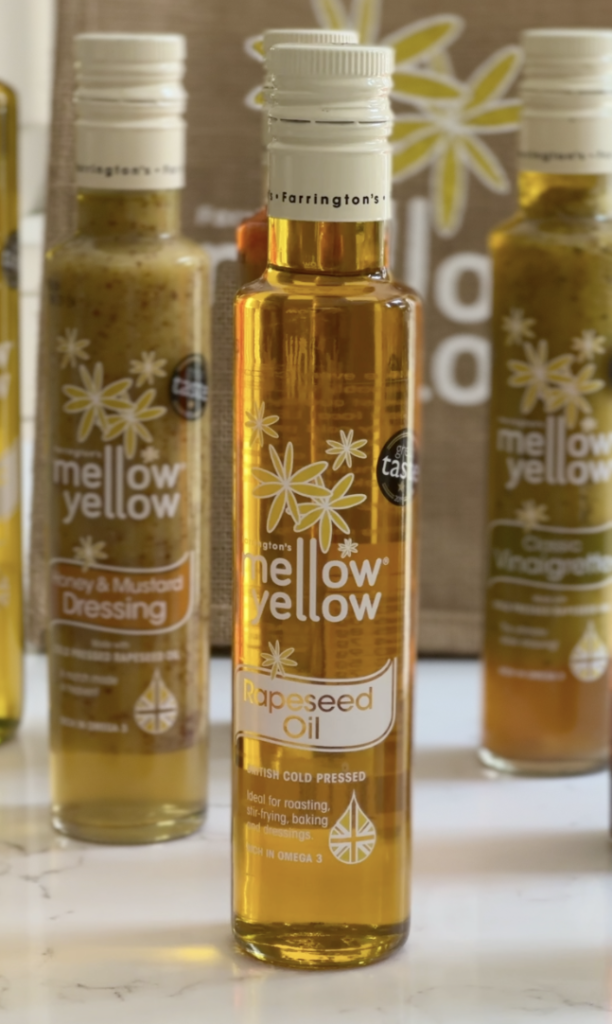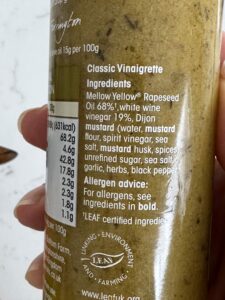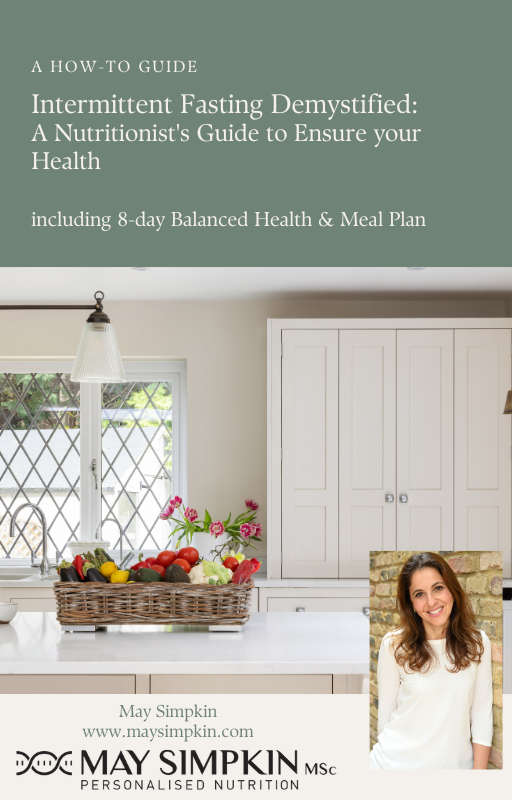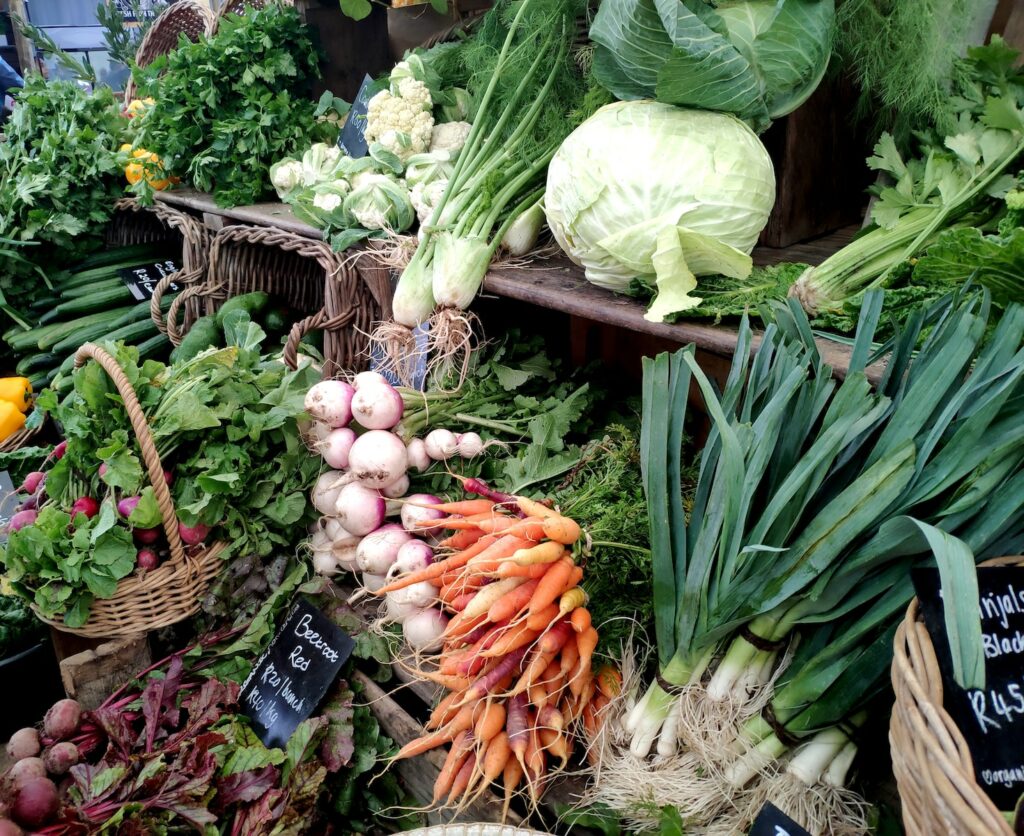
What I Really Think About Seed Oils – Should You Be Worried?
Let’s talk about seed oils. If you’ve spent any time on social media, you’ll have come across alarmist claims that they’re the root of all modern health issues. From inflammation to weight gain and even serious chronic diseases, seed oils have been villainised to the extreme. But as with most nutrition debates, there’s more nuance to the conversation than a simple “good” or “bad.” So, let’s cut through the confusion and get to the truth: should you be avoiding seed oils and is there a difference between UK seed oils vs US seed oils? I’m going to keep it simple!
The Concerns About Seed Oils
The biggest concern about seed oils stems from their high levels of omega-6 fatty acids, particularly linoleic acid. Omega-6 fats are essential for health, but they need to be balanced with omega-3 fats (think oil fish, avocado and walnuts). The modern Western diet is often skewed in favour of omega-6s, largely due to ultra-processed foods containing cheap, industrially processed oils like soybean, corn, and canola oil (the name for rapeseed oil in the US). Excess omega-6 consumption, alongside inadequate omega-3 intake, has been linked to inflammation and we know that chronic inflammation contributes to a host of health issues.
There’s also the question of processing. Some seed oils are heavily refined, exposed to high heat and treated with chemical solvents, potentially leading to oxidation and the formation of harmful by-products. This is especially relevant for the mass-produced seed oils found in ultra-processed foods, fried takeaway meals and low-quality supermarket products.
UK vs. US: A Different Story
Here’s where things get interesting: not all seed oils are created equal.
In the UK, cold-pressed, locally grown seed oils, such as rapeseed oil, are a different story. I spent an enlightening afternoon at the Farrington Oils Farm in Northamptonshire, UK, where the brand “Mellow Yellow” is produced. The production process and source of seed oils vary widely between countries. There is no GM (genetically modified) rapeseed grown in the UK. British grown and produced Cold Pressed Rapeseed Oil is 100% GM free.
These oils are minimally processed, retaining their natural nutrients and antioxidants. British rapeseed oil, for instance, is high in monounsaturated fats (which are great for heart health) and has a balanced ratio of omega-3 to omega-6 fatty acids. Unlike the heavily refined oils dominating US supermarket shelves, high-quality UK-produced seed oils are a nutritious and versatile cooking option.
So, Should You Avoid Seed Oils?
Absolutely not. Instead of avoiding them entirely, the key is to be selective about the types of seed oils you use. There’s a world of difference between high-quality, cold-pressed seed oils and the refined, industrially processed versions.
Is Rapeseed Oil Good for Cooking?
It is! However, as always, it’s important to vary your choices. For cooking, I happily recommend a variety of oils, each with its own benefits:

Look out for high-quality, cold-pressed UK seed oils
- Cold-pressed rapeseed oil (UK-produced): Great for roasting and frying due to its high smoke point and balanced fat profile.
- Extra virgin olive oil: Packed with antioxidants and polyphenols, it is ideal for drizzling over salads and low-heat cooking.
- Butter: A natural, nutrient-rich fat that adds depth of flavour. As a saturated fat, it has a high smoke point and can be used at higher temperatures.
- Coconut oil: Again, as a saturated fat, it is a heat-stable option with antimicrobial properties, though best used in moderation.
- Sesame oil: Fantastic
- for flavouring dishes, particularly in Asian cooking.
The Bottom Line
Demonising entire food groups, including seed oils, is neither helpful nor necessary. The key takeaway? Prioritise quality. In the UK, we’re lucky to have access to high-quality, locally produced seed oils that offer health benefits without the risks associated with ultra-processed, mass-produced versions.
As always, variety is key when it comes to fats. Rotate your oils, avoid ultra-processed foods and don’t fall for nutrition fearmongering. Seed oils, when chosen well, absolutely deserve a place in your kitchen without any worry. They’re a mainstay in my kitchen and have been for years.
Does this article help clarify any concerns? Let me know in the comments!
Want to learn more? Here’s a few FAQ’s when it comes to cold-pressed UK seed oils
Here’s an article you may like Which is the Best Oil for Cooking?









0 Comments